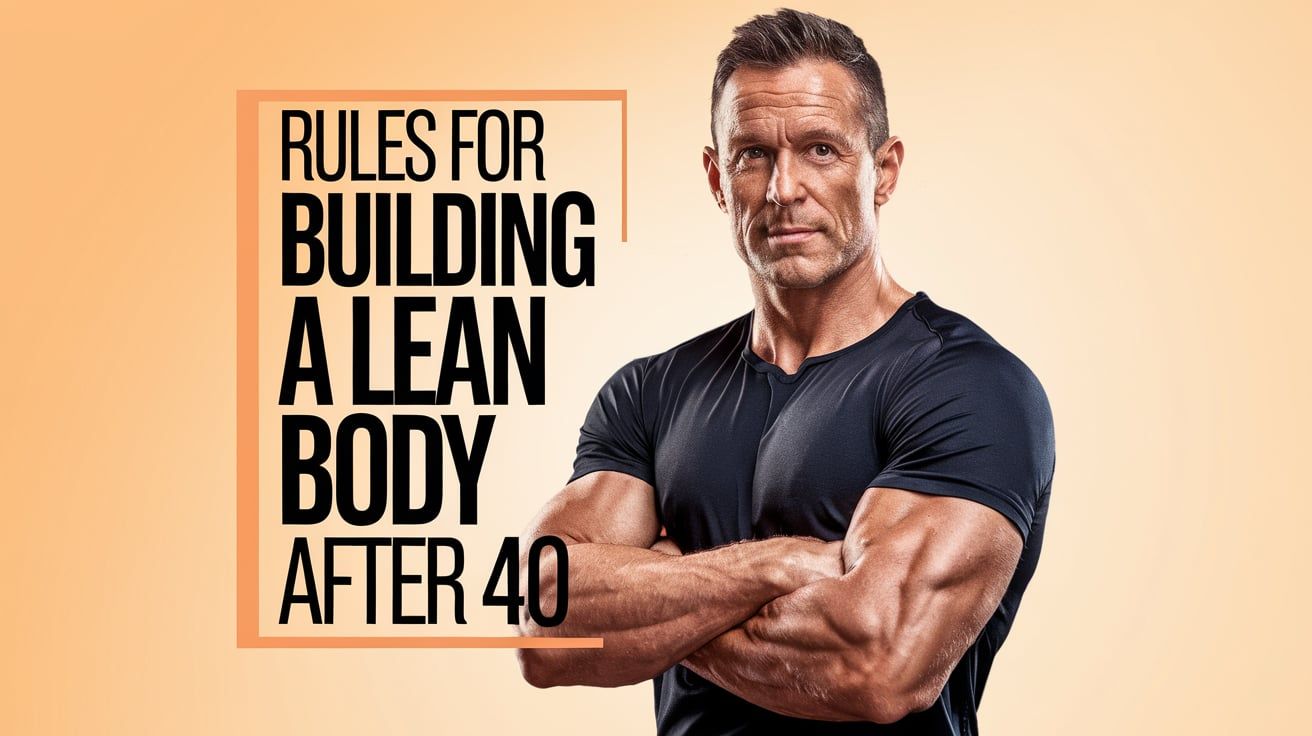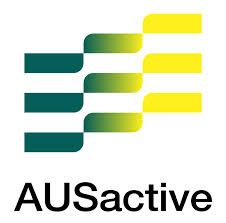7 Rules for Building a Lean Body After 40
Building a lean body after 40 is completely achievable and incredibly rewarding. With the right strategies and a consistent approach, you can transform your health, boost your energy, and improve your quality of life. Below, we outline seven essential rules to help you get leaner, healthier, and stronger after 40.
Taking care of your body and muscles after 40 goes beyond just appearance—it’s about building lasting strength, supporting muscle health, boosting energy, and embracing a vibrant, active lifestyle that keeps you feeling your best at every age.
Key Strategies for Building a Lean Body After 40
These seven strategies will help you get the most out of your efforts and maintain steady progress on your journey to a leaner, healthier body.

1. Boost Your Metabolism by Building Muscle Through Strength Training
Strength training is one of the most effective ways to boost your metabolism and build lean muscle.
To effectively boost your metabolism:
- Incorporate strength training exercises: Engage in weight lifting or bodyweight exercises 2-3 times per week.
- Focus on resistance training: Increase muscle hypertrophy to improve metabolic rate.
- Build muscle mass: More muscle leads to higher calorie burning even at rest, helping maintain a lean body composition.
As you age, maintaining muscle mass becomes increasingly important for keeping your metabolism active. Incorporate strength training exercises like weight lifting or bodyweight exercises 2-3 times per week to promote muscle hypertrophy and improve your metabolic rate.
The more muscle you have, the more calories your body burns at rest, making it easier to stay lean and maintain a healthy body composition.

2. Fuel Your Body with Nutrient-Dense Whole Foods
Aim to get 80-90% of your daily calories from single-ingredient, nutrient-dense foods.
To fuel your body effectively:
- Focus on whole foods: Prioritise lean proteins, fruits, vegetables, and healthy fats.
- Minimise processed foods: Choose minimally processed options to provide essential nutrients.
- Support muscle maintenance: Nutrient-dense foods help manage calorie intake and keep energy levels high.
These minimally processed foods provide your body with essential nutrients, support muscle maintenance, and keep your energy levels high. By prioritising nutrient-dense foods, you’ll also find it easier to manage your calorie intake and avoid overeating processed foods.

3. Consume Sufficient Protein for Muscle Maintenance
Protein is vital for building and maintaining muscle, especially as you get older.
To consume enough protein:
- Eat high-quality protein sources: Include chicken, fish, eggs, legumes, and plant-based options.
- Support muscle repair: Protein aids in muscle repair, protein synthesis, and growth.
- Incorporate protein into every meal: Helps you feel fuller for longer and stabilises blood sugar levels.
High-quality protein sources such as chicken, fish, eggs, legumes, and plant-based options help support muscle repair, protein synthesis, and growth. Protein also keeps you feeling fuller for longer and helps stabilise blood sugar levels.
Make protein a key component of every meal to maintain muscle mass and support your metabolism.
4. Prioritise Quality Sleep (7-8 Hours Each Night)
Getting 7-8 hours of restorative sleep each night is crucial for overall health, recovery, and maintaining a healthy metabolism.
During sleep, your body undergoes muscle repair, balances hormones, and manages stress—all essential for building a lean body. Poor sleep hygiene can increase cortisol levels, leading to weight gain and muscle loss.
To improve your sleep quality:
- Establish a bedtime routine: Go to bed at the same time every night to create a consistent sleep pattern.
- Create a comfortable sleep environment: Make sure your room is cool, dark, and quiet for optimal sleep.
- Avoid screens before bed: The blue light from screens can interfere with your sleep cycle. Try to avoid phones, tablets, or TVs at least an hour before bedtime.
- Limit caffeine and alcohol: Both can disrupt your sleep quality, so avoid them in the hours leading up to bedtime.
5. Stay Hydrated with 2-3 Litres of Water Daily
Proper hydration is essential for overall health, electrolyte balance, muscle function, and fat loss.
To stay properly hydrated:
- Drink enough water: Aim for 2-3 litres per day to keep hydration levels optimal.
- Support digestion and joint health: Water is key for digestion, joint health, and maintaining energy.
- Boost workout performance: Staying hydrated helps control hunger and enhances physical performance.
Water helps with digestion, joint health, and energy levels, all of which are key to achieving a lean body. Staying hydrated also supports workout performance and helps control hunger, making it easier to stick to your nutrition goals.
6. Prioritise Mobility and Regular Massages for Injury Prevention
Mobility exercises and regular massages are key to staying injury-free and maintaining joint health.
To prevent injuries and improve mobility:
- Incorporate flexibility exercises: Practice yoga or dynamic stretches to reduce stiffness.
- Use myofascial release: Foam rolling or massages can alleviate muscle soreness.
- Enhance workout performance: Mobility work helps you stay consistent and pain-free.
Incorporate flexibility exercises, such as yoga or dynamic stretches, into your daily routine to improve mobility, reduce stiffness, and enhance your workout performance. Regular massages or myofascial release (foam rolling) can help alleviate muscle soreness, promote better recovery, and reduce stress.
Keeping your body mobile and pain-free will allow you to stay consistent with your workouts and make progress toward your goals.
7. Track Key Metrics to Monitor Progress
Tracking your progress is essential for staying motivated and making informed adjustments to your fitness routine.
To effectively track your progress:
- Measure body composition: Regularly check weight, waist circumference, and body fat percentage.
- Monitor key health metrics: Keep track of blood pressure and cholesterol levels.
- Celebrate milestones: Acknowledge your achievements to stay motivated and accountable.
Monitoring these metrics will help you see what’s working, identify areas for improvement, and celebrate milestones along the way. Keeping a record of your progress will keep you accountable and help you stay on track to achieve a lean body.
Building Muscle After 40 Is Hard But Not Impossible
Building a lean body after 40 requires a consistent, balanced approach to exercise, nutrition, and self-care. By following these seven rules, you can transform your body, boost your confidence, and enjoy a healthier lifestyle. Remember, it’s never too late to take charge of your health and be the best version of yourself.
If you're looking for personalised guidance on your fitness journey, our local personal training services in Melbourne are here to help. We specialise in creating customised fitness plans that cater to your specific needs and goals. Whether you're new to fitness or looking to take your training to the next level, our experienced trainers can support you every step of the way.
Get in touch with us today to learn more and start your journey towards a leaner, healthier you. Let us help you achieve your goals and make lasting changes that will improve your quality of life.
. . .
For more information, check out our Facebook or call us in Melbourne today on 0408 077 093
Hi, I'm Gary Wagner (Coach Gaz).
I help business leaders get out of pain so they can dominate their profession & get all that they want out of life. I guide professionals passionate about achieving new levels of performance. I enable them to forge an effective and resilient physical form that feels unstoppable, enabling and empowering their personal and professional success in Melbourne.
Share this article






